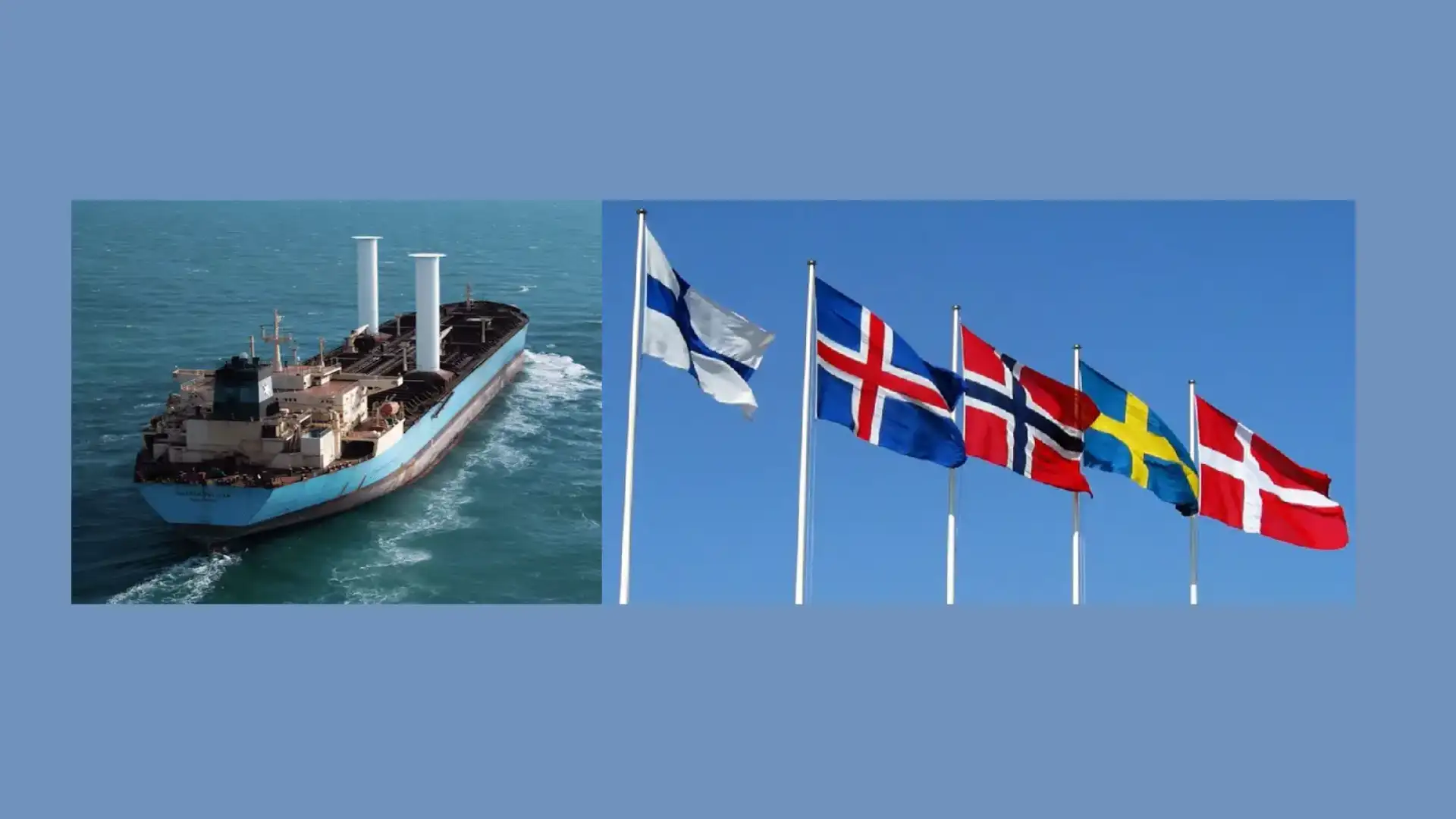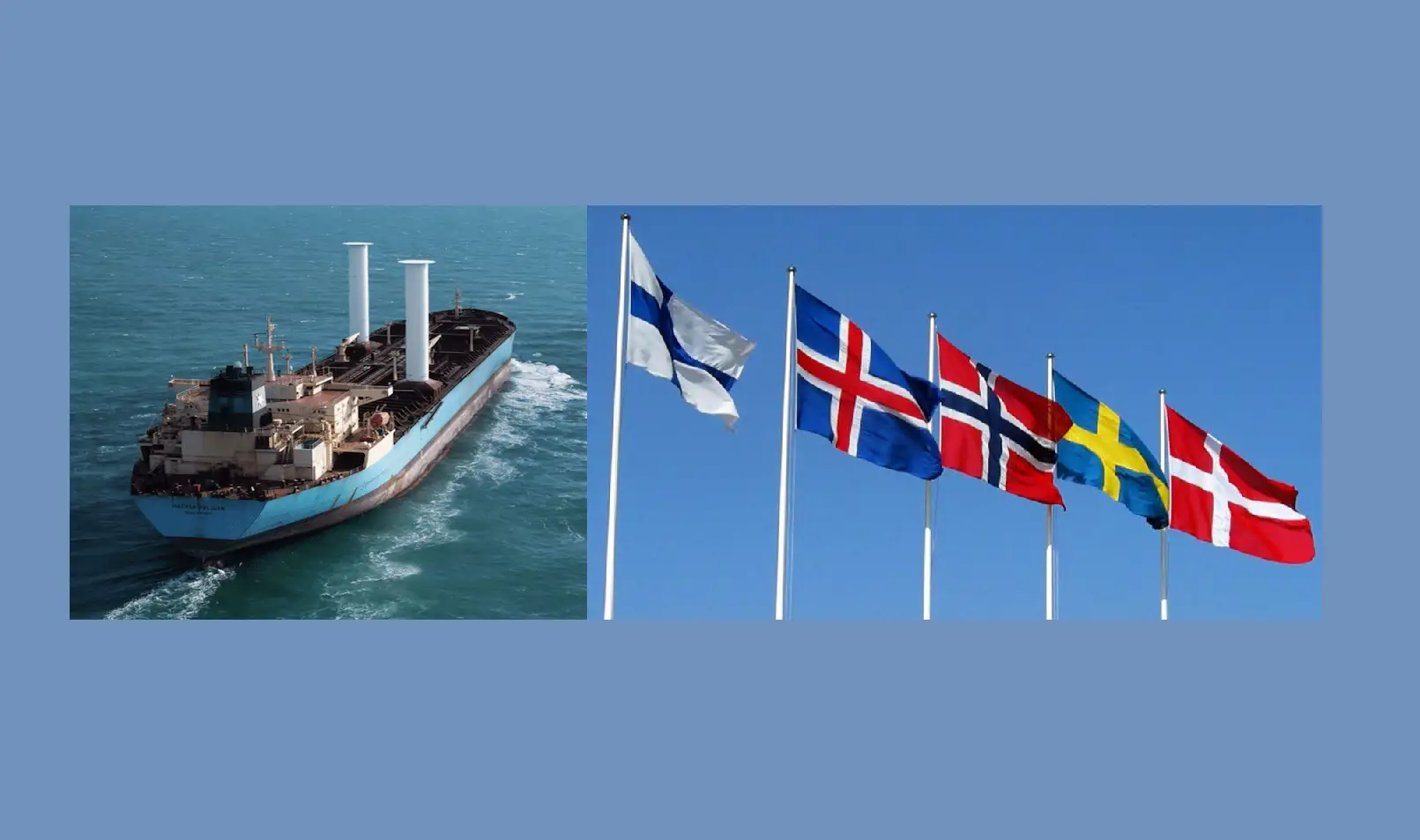
The Nordic countries are ahead of the decarbonisation of maritime transport
The Nordic countries are ahead of the decarbonisation of maritime transport

Governments have understood that support for sustainable technologies can stimulate employment in the maritime sector (Web-based photography supply chain)
A report of the World Economic Forum places Sweden, Switzerland and Norway as the countries best prepared for decarbonization.
In this sense, according to the reference website of the sector in Hispanoamerica, the Maritime World, also the report, "Sailing to clean sea transport" The OECD-dependent International Transport Forum, which addresses cutting-edge technologies in the development of the decarbonization of maritime transport implemented in Nordic countries, is proving to be a success, with very significant progress being made.
One of them, as detailed in the document, is the opening of the use of batteries on ships; a second is the connection of the ships to the electric power port in order to keep their engines off while they remain stuck in the dock calledcold ironing.
The report considers that as batteries are increasingly adopted for both ships and other means of transport, their price is falling. On the other hand, it notes that the chemicals of sea batteries differ from those of passenger cars and are chosen mainly for their longevity and their great power and power supply.
At this level, the report indicates that the first projects of electric passenger ferries, such as the Swedish Mobutz, produced in 2014, used nico-metal-hydride batteries. On the other hand, the most recent ferries have opted for higher-performance chemicals: the E-Ferry uses lithium ion batteries of NMC graphite anode and other common chemicals included in batteries are lithium titanium oxide (LTO), a technology that is characterized by its high durability, largely used in buses and now even in cars.
Electric batteries for maritime applications currently cost much more than those produced for the car sector... this is likely to be due to lower opportunities for mass production and integration into ships... as the scale of battery production in road vehicles increases, costs are expected to decrease.
© 2024 Nautica Digital Europe - www.nauticadigital.eu











